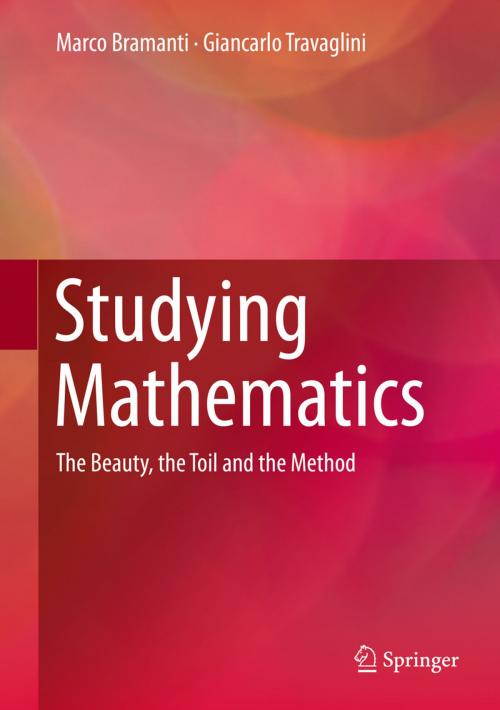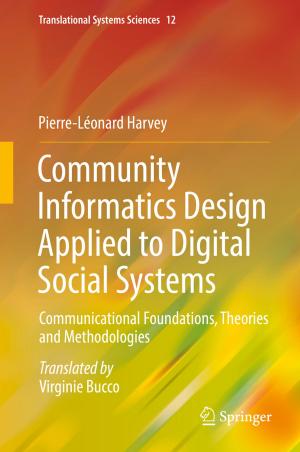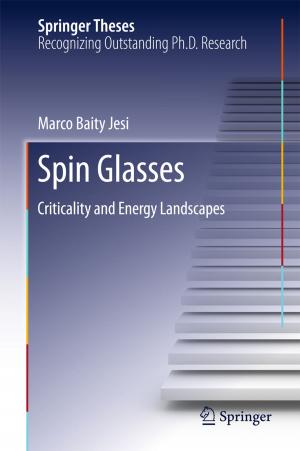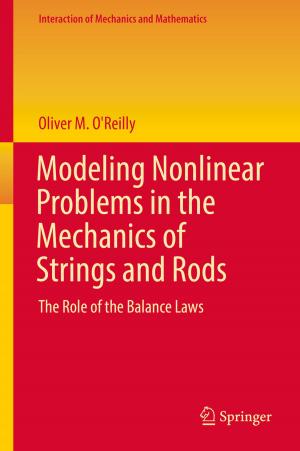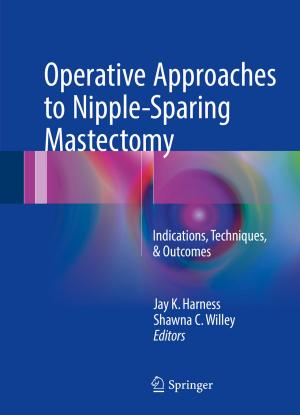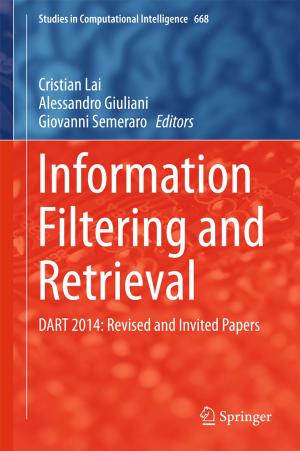Studying Mathematics
The Beauty, the Toil and the Method
Nonfiction, Reference & Language, Education & Teaching, Educational Theory, Educational Psychology, Teaching, Teaching Methods| Author: | Marco Bramanti, Giancarlo Travaglini | ISBN: | 9783319913551 |
| Publisher: | Springer International Publishing | Publication: | July 23, 2018 |
| Imprint: | Springer | Language: | English |
| Author: | Marco Bramanti, Giancarlo Travaglini |
| ISBN: | 9783319913551 |
| Publisher: | Springer International Publishing |
| Publication: | July 23, 2018 |
| Imprint: | Springer |
| Language: | English |
This book is dedicated to preparing prospective college students for the study of mathematics.
It can be used at the end of high school or during the first year of college, for personal study or for introductory courses. It aims to set a meeting between two relatives who rarely speak to each other: the Mathematics of Beauty, which shows up in some popular books and films, and the Mathematics of Toil, which is widely known. Toil can be overcome through an appropriate method of work. Beauty will be found in the achievement of a way of thinking.
The first part concerns the mathematical language: the expressions “for all”, “there exists”, “implies”, “is false”, ...; what is a proof by contradiction; how to use indices, sums, induction.
The second part tackles specific difficulties: to study a definition, to understand an idea and apply it, to fix a slightly wrong argument, to discuss suggestions, to explain a proof.
The third part presentscustomary techniques and points of view in college mathematics.
The reader can choose one of three difficulty levels (A, B, C).
This book is dedicated to preparing prospective college students for the study of mathematics.
It can be used at the end of high school or during the first year of college, for personal study or for introductory courses. It aims to set a meeting between two relatives who rarely speak to each other: the Mathematics of Beauty, which shows up in some popular books and films, and the Mathematics of Toil, which is widely known. Toil can be overcome through an appropriate method of work. Beauty will be found in the achievement of a way of thinking.
The first part concerns the mathematical language: the expressions “for all”, “there exists”, “implies”, “is false”, ...; what is a proof by contradiction; how to use indices, sums, induction.
The second part tackles specific difficulties: to study a definition, to understand an idea and apply it, to fix a slightly wrong argument, to discuss suggestions, to explain a proof.
The third part presentscustomary techniques and points of view in college mathematics.
The reader can choose one of three difficulty levels (A, B, C).
